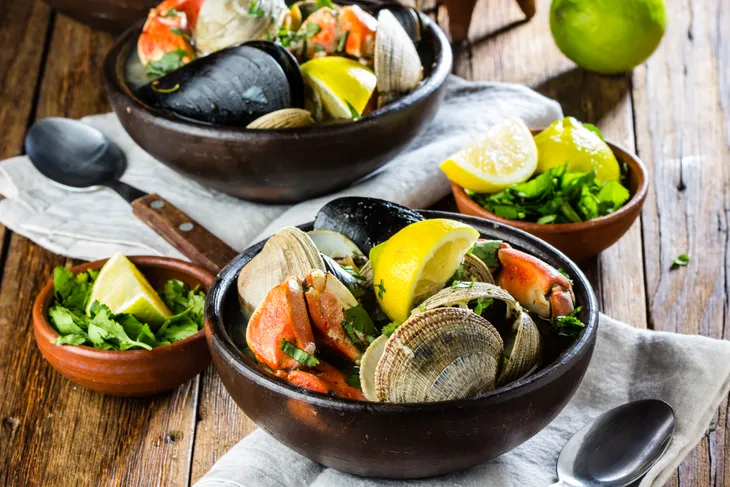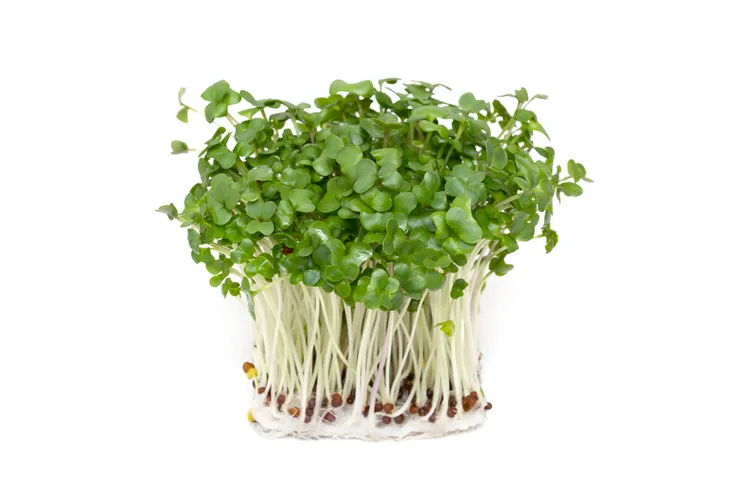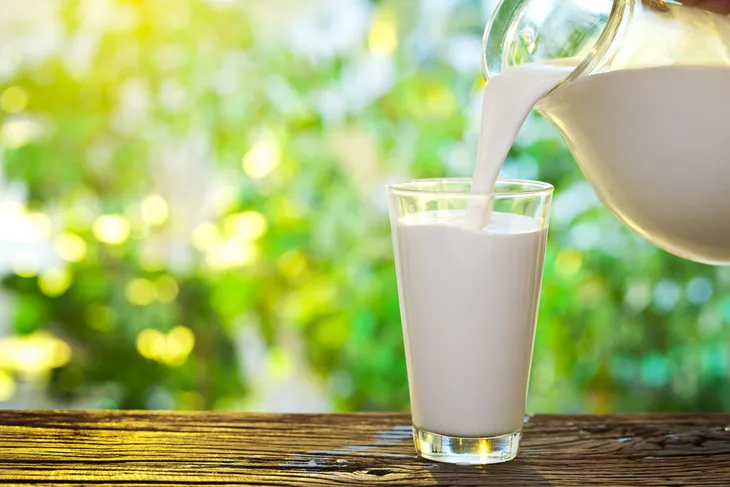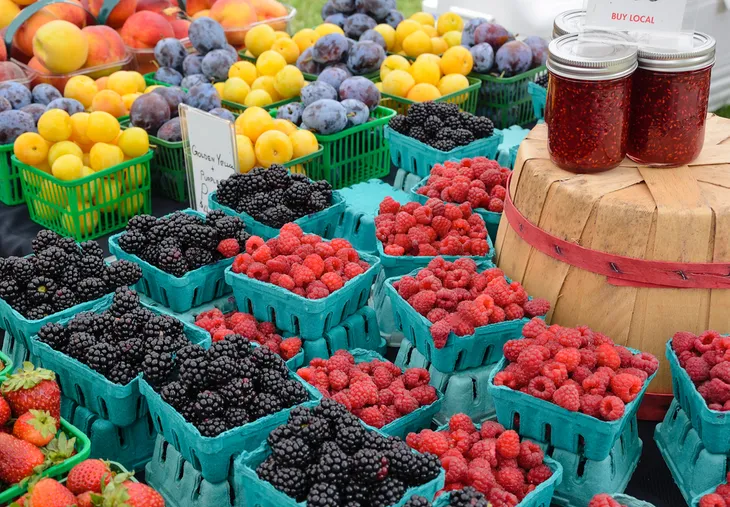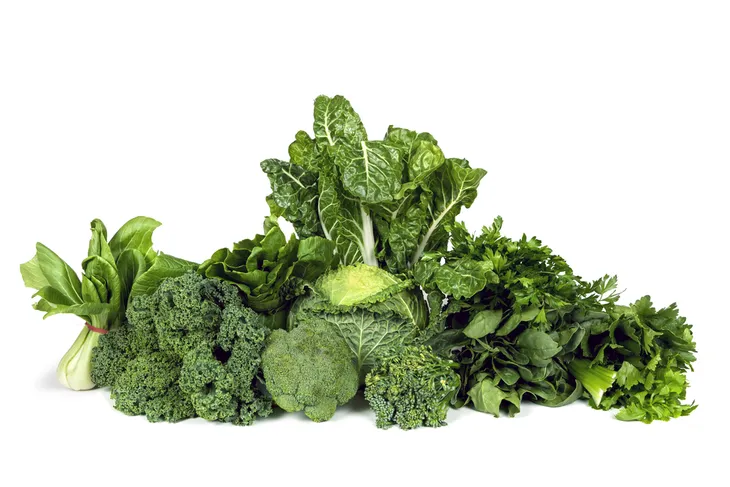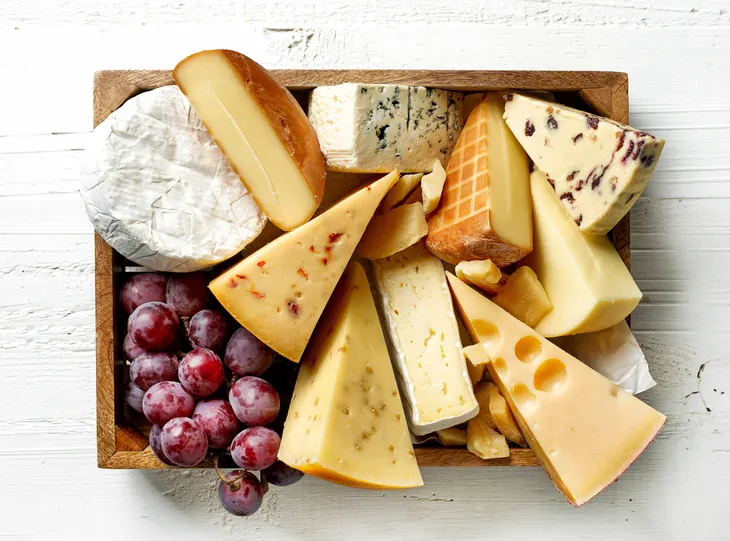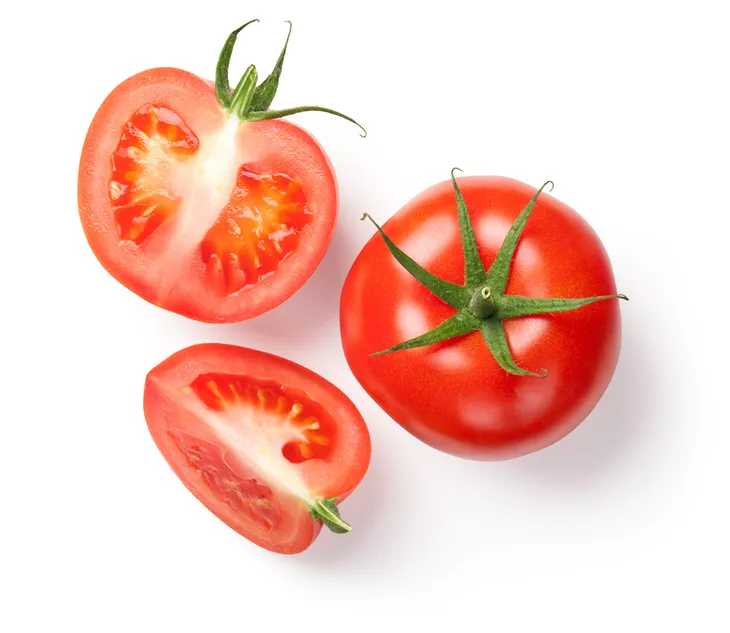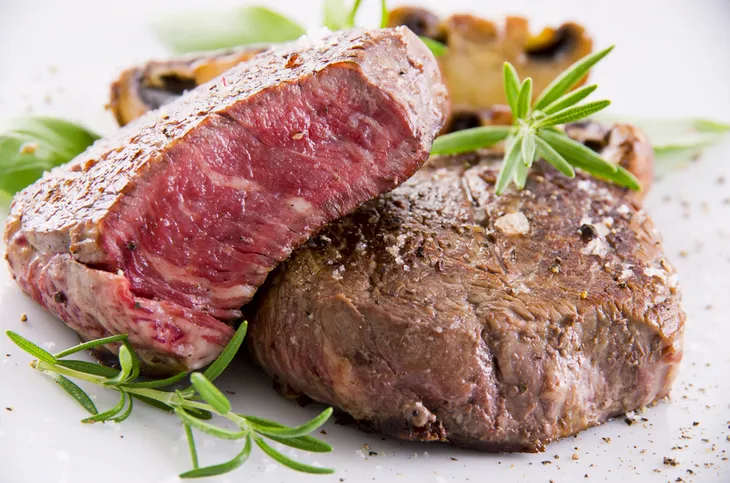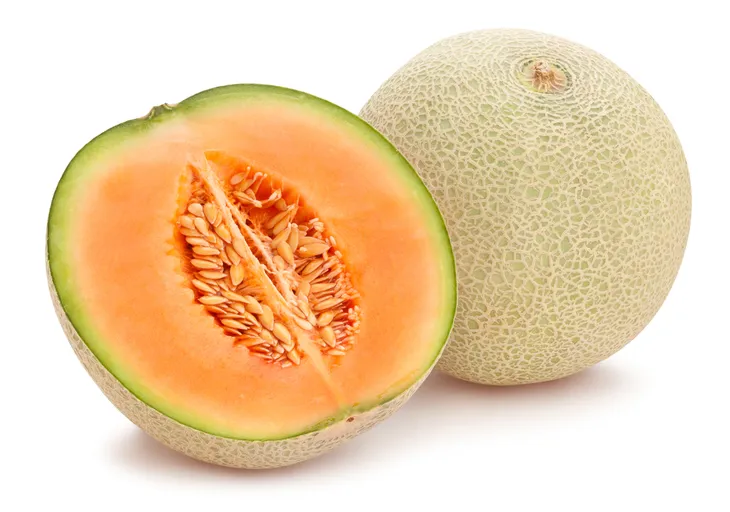Many of us don’t consider food fatal. However, a bout of food poisoning can be a potentially life-threatening experience to a young child, a pregnant woman, elderly individuals, or individuals whose immune systems are compromised due to another condition or illness.
Even though food poisoning is rather rare, these 10 foods are particularly prone to bacterial outbreaks, which is why thorough cleaning, handling, as well as following safe cooking and storage procedures are important when consuming them…
Shellfish
Shrimp, scallops, mussels, and oysters—particularly when eaten raw—can be prevalent to food poisoning when you consider their origin. Most types of shellfish are bottom feeders, meaning they linger and scavenge food from the ocean floor. If the water is contaminated, shellfish are already bacteria-ridden with norovirus or vibrio vulnificus bacterium before even coming out of their natural habitat. This is why it’s important to buy from trusted sources, properly clean, safely handle raw, and properly cook and store all types of shellfish.
Sprouts
Good-for-you alfalfa and mung bean sprouts have developed a bad rap when it comes to bacterial contaminants like E. coli and Salmonella due to the way they grow. Sprout seeds require warm, moist conditions to sprout in, which is also a bacterial haven. A bout with eating raw or lightly cooked sprouts can result in fever, abdominal cramps, diarrhea, and digestive upset.
Eggs
Eggs have been fingered for many a nasty salmonella outbreak, so much so that get-cracking at your own risk is in the minds of many early risers. However, proper cooking of eggs will pretty much kill any and all salmonella germs so food poisoning can be avoided if eggs aren’t eaten raw and refrigerated properly before cooking and if going into hard boiled storage.
Raw Milk
Raw milk is another natural food that gets the teat as far as being linked to foodborne illness such as Salmonella, Listeria, and E. coli. Contamination of raw milk and raw milk products—like raw cheeses and raw yogurts—can occur when the milk goes directly from the cow to the product or to your glass, and skips pasteurization, which is a heating process that is thought to kill most types of food bacteria.
Berries
Blackberries, blueberries, strawberries, and raspberries are popular summer time fruits, especially thanks to great prices at farmers markets. However, farmed berries can be prime carriers of infectious bacterial organisms (i.e., Cyclospora) if they are not washed properly before eating or stored properly between meals.
Leafy Greens
Baby spinach, arugula, romaine lettuce, Swiss chard, cabbage, and kale…basically every type of mixed green that goes in a salad is considered a food bacterial risk, according to the Centers for Disease Control and Prevention, who is constantly recalling bagged salads from our super markets. Leafy greens are typically contaminated during harvesting—when they come into contact with dirty water sources, unwashed hands, or manure.
This is why washing thoroughly and safe handling at home (i.e., using different cutting boards for raw meat and raw veggies) can prevent foodborne illness in your home.
Soft Cheeses
If you’re pregnant, you’re doctor likely advised against consuming soft cheeses (i.e., Camembert, brie, feta, chèvre, etc.) not so much due to farms, manufacturing facilities, and retailers, but due to mishandling and storage of cheese in homes, which can easily become contaminated with Listeria or Salmonella or Listeria bacterial germs and cause harm to baby and mom (i.e., miscarriage).
Tomatoes
Like leafy greens, another warm-weather bounty like improperly stored, washed, and prepared raw tomatoes can contain food borne bacteria such as salmonella and E. coli because they have contact with soil. This is why cross contamination can occur anywhere down the line—from hand packing to not washing and using dirty boards and knives when doing food prep at home.
Meat
Ground beef, deli meats and poultry (especially chicken) get regularly blamed for dangerous E. coli food contamination. Bacteria is usually passed along when meats are eaten undercooked or when they become contaminated when prepared on cross contaminated surfaces—for instance if you use the same cutting board or countertop for raw meat and other foods.
Melons
The Centers for Disease Control (CDC) consider melons, particularly cantaloupes, as potential harbingers of food poisoning outbreaks such as salmonella and Listeria. Considering that many folks handle the rind of the melon when cutting or keep it intact when sliced, the CDC recommends cleaning and scrubbing the surface thoroughly using an abrasive brush in order to banish any food germs.

